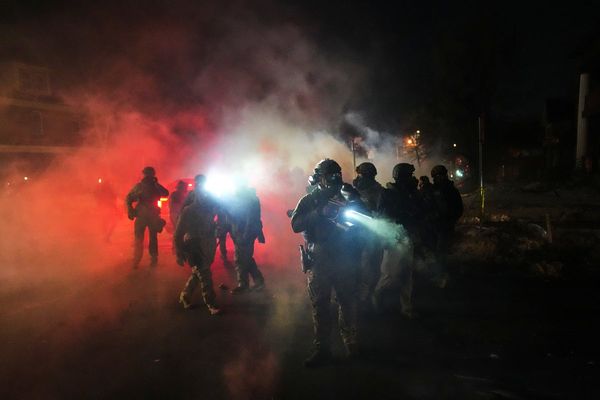
Retail spending on non-essential goods in the U.S. has slumped by 4% in early 2025, a stark reminder of the 2008 financial crisis, according to economist Craig Shapiro.
What Happened: The macro strategist at Bear Traps Report, Shapiro, links this downturn to growing consumer panic over artificial intelligence-driven job losses, drawing parallels to the economic uncertainty that gripped the world over a decade ago during the Global Financial Crisis.
“The National Retail Federation noted a 4% decline in non-essential retail sales, blaming AI-related job fears. This mirrors the 2008 crisis and threatens industries like hospitality and retail, potentially triggering further layoffs and a downward economic spiral,” said Shapiro in a Substack post.
He highlighted the Bureau of Economic Analysis data, reporting a 3.5% drop in luxury spending in the first quarter of 2025, which contrasted with a 1.8% rise in necessities.
"Consumers are saving more, spending less, and it's a vicious cycle," Shapiro warns.
Additionally, his analysis points to AI's rapid encroachment into white-collar sectors, with tech giants like Amazon.com Inc. (NASDAQ:AMZN) and Microsoft Corp. (NASDAQ:MSFT) investing billions in automation.
See Also: AI Will Disrupt 25% Of US Jobs By 2030—And The Fed Can’t Save Them, Economist Warns
Why It Matters: Apart from this, on a monthly basis, the U.S. consumers exhibited signs of pressure in May, with a critical spending indicator shrinking for the second time this year, heightening worries about a potential demand slowdown driven by tariff-related trade uncertainties.
Headline retail sales plummeted by 0.9% month-over-month in May 2025, a significant decline from April's revised 0.1% drop, according to the U.S. Census Bureau's Tuesday report. The figure fell short of economists' already pessimistic expectations of a 0.7% decrease.
Shapiro also argues that Federal Reserve interest rate cuts, like the recent 25-basis-point reduction, are powerless against this structural shift.
Shapiro advocates for urgent measures like retraining programs and universal basic income pilots, citing Finland's 2017-2018 experiment. As AI panic echoes 2008, he cautions that without bold action, the retail slump could signal a broader economic unraveling.
Price Action: The SPDR S&P 500 ETF Trust (NYSE:SPY) and Invesco QQQ Trust ETF (NASDAQ:QQQ), which track the S&P 500 index and Nasdaq 100 index, respectively, were higher in premarket on Thursday. The SPY was up 0.34% at $609.18, while the QQQ advanced 0.46% to $543.64, according to Benzinga Pro data.
Read Next:
Disclaimer: This content was partially produced with the help of AI tools and was reviewed and published by Benzinga editors.
Image Via shutterstock







